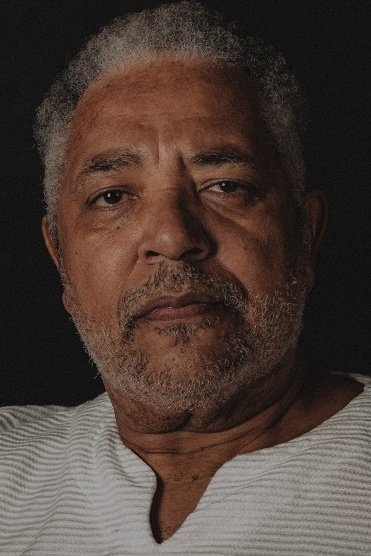
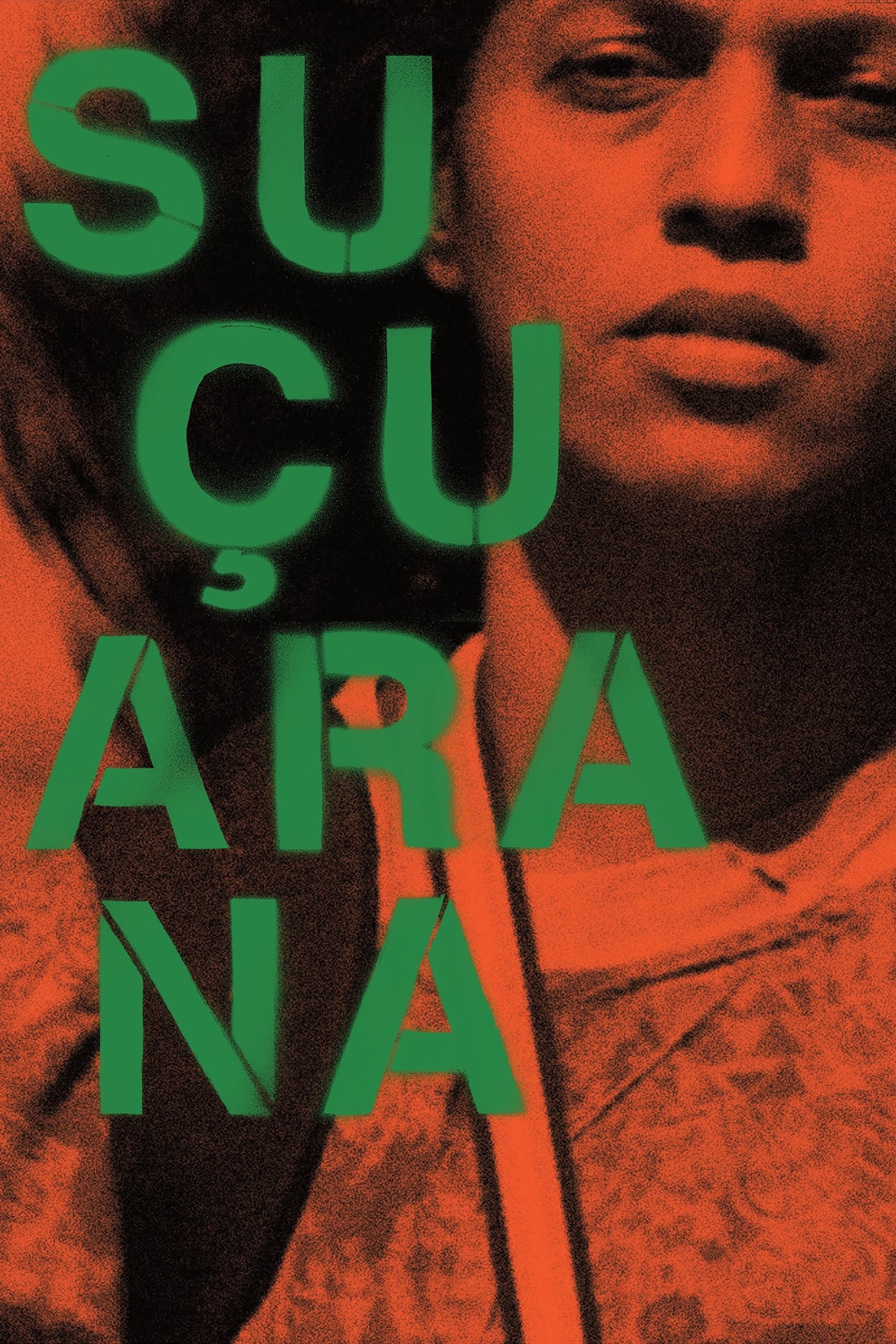
Suçuarana is the name of a mythical place, a lush landscape that appears in the weathered photo of her mother that Dora carries with her always. Dora has been on the road for a long time, hitching rides through Brazil’s mining region in search of her family’s homeland. But no one seems to know this place, seemingly lost to time. And the open road can be troubling for a woman traveling alone, as the generosity of strangers is suddenly eclipsed by danger. After an accident, Dora seeks refuge in an abandoned factory; there, a group of workers have formed a village and a community bond that feels akin to the home Dora searches for, if just for a moment.
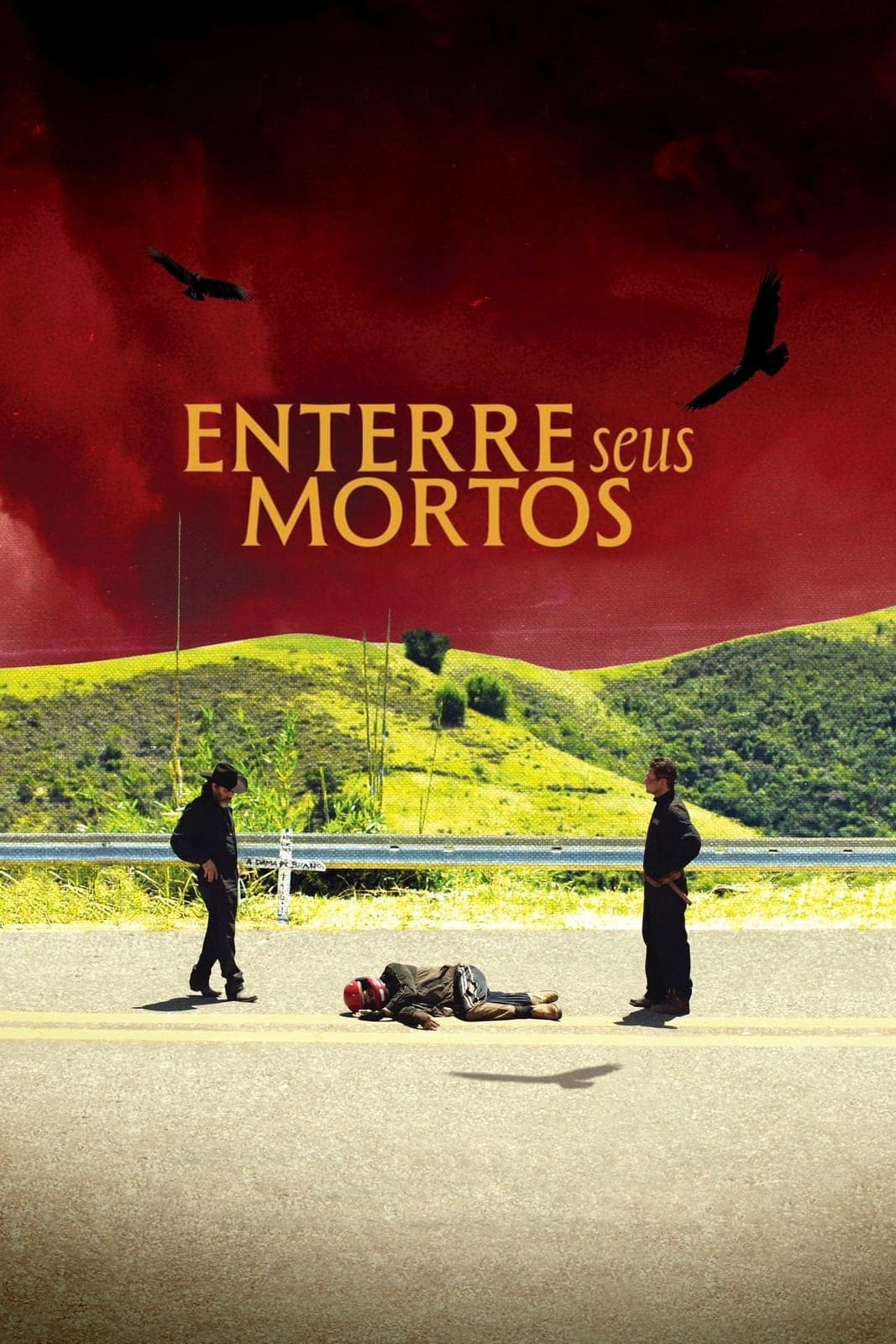
Edgar Wilson, a roadkill collector in rural Brazil, dreams of escaping his small-town existence with Nete, the love of his life. When Nete decides to join her family in an apocalyptic cult, Edgar finds himself at a crossroads. With the world on the brink of destruction, Edgar and his unlikely companion Tomás – a disgraced and excommunicated priest – embark on a dangerous road trip through a landscape plagued by chaos and despair.
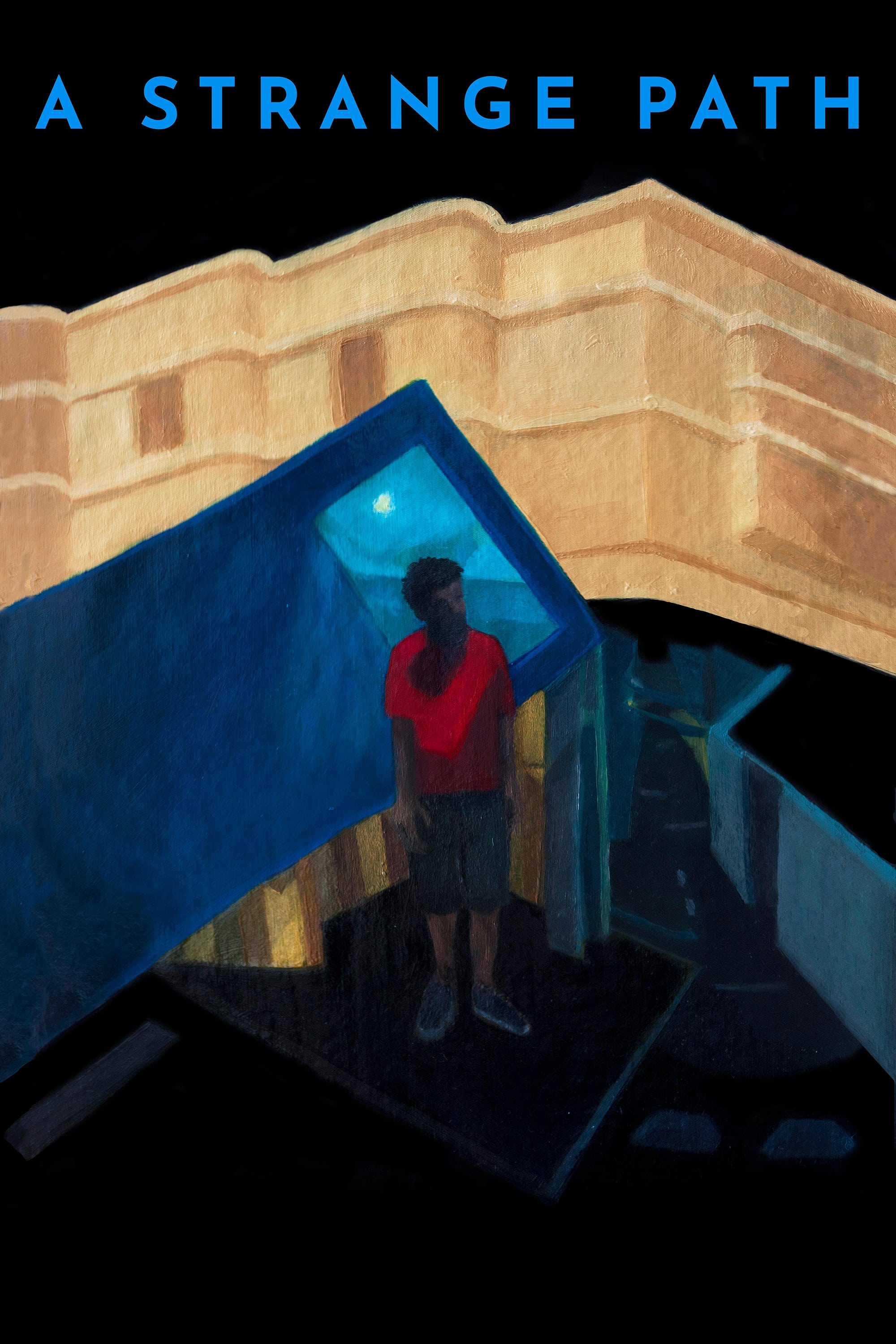
As a virus spreads throughout Brazil, a young filmmaker goes back to his village and tries to rekindle his relationship with his father. But as they become closer, stranger events start to happen, making their connection more difficult.
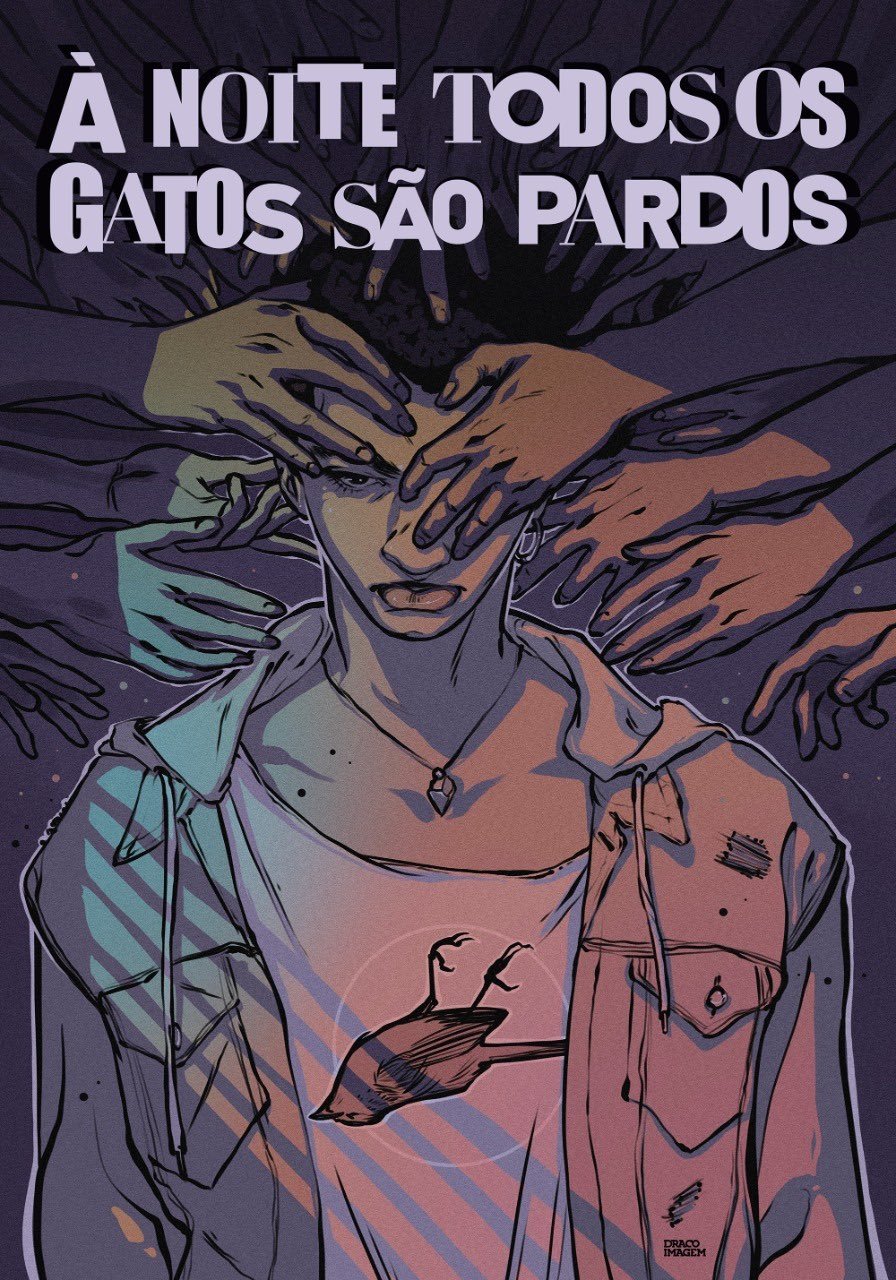
The night of Belo Horizonte, Brazil, is a time capsule that relativizes the passage, blurs the senses, and recasts the definitions of future in the life of young Junior - who cannot wait to be emancipated from absolutely everything.
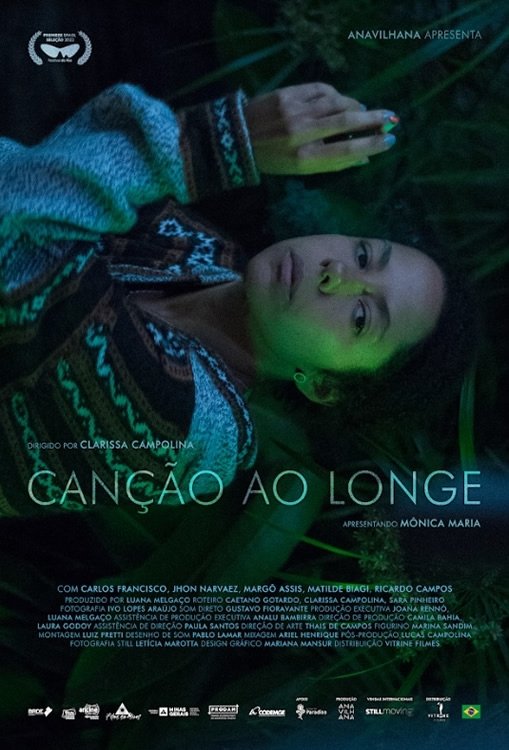
The young Jimena searches for her identity. The film follows the life of the young woman with her mother and grandmother, white middle-class women, and the exchange of letters with her father, a foreign and black man, whom the young woman resembles. Seeking to free herself from the feeling of inadequacy, Jimena rewrites her family relationships and creates other ways of experiencing love, friendship and work ties. Through her eyes, the film considers questions about class, family, tradition, race and gender.
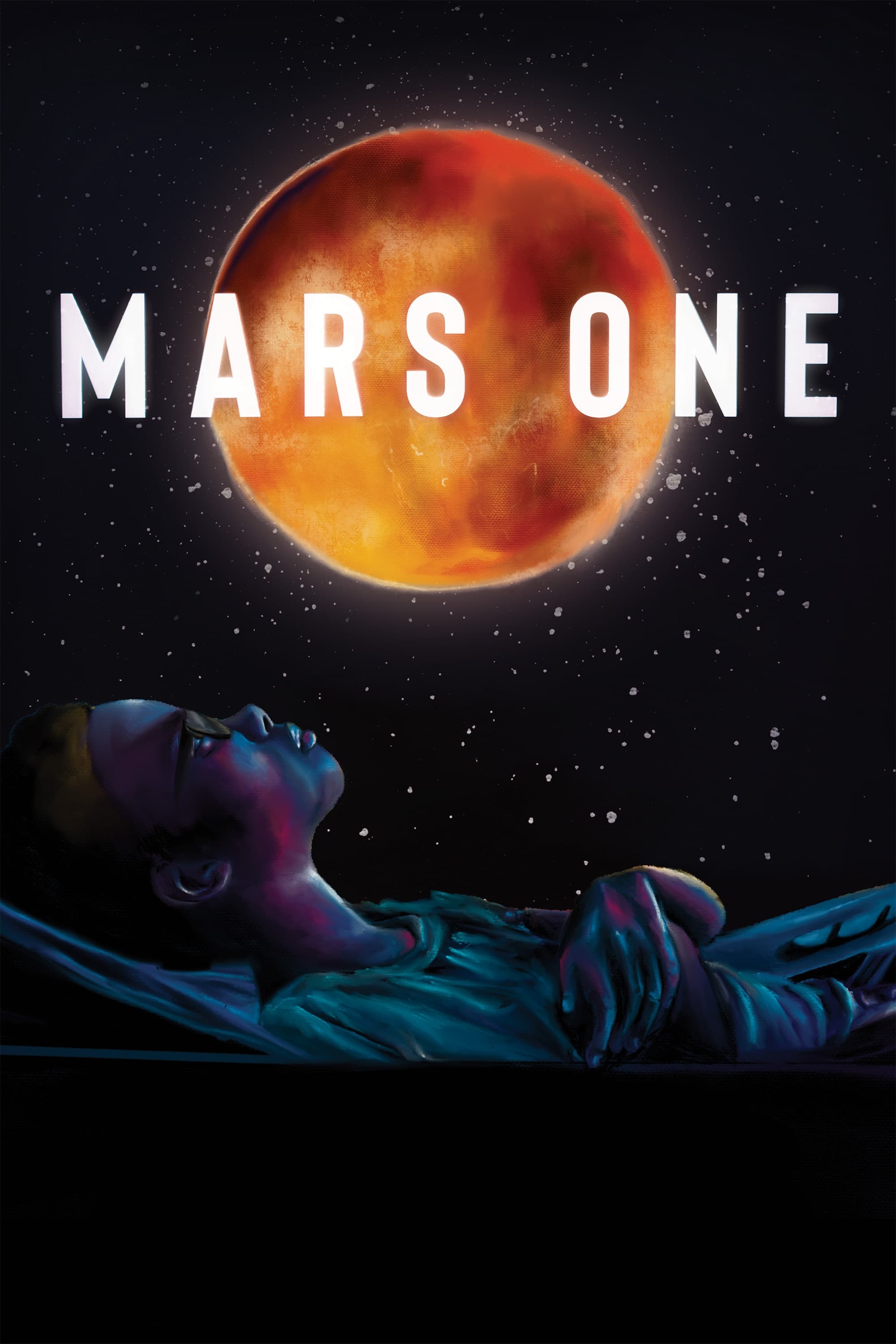
A middle-class Black family in Brazil copes with the election of a far-right extremist president. The mother believes that she's cursed after an unexpected encounter, while her husband puts all of his hopes into their son's soccer career.
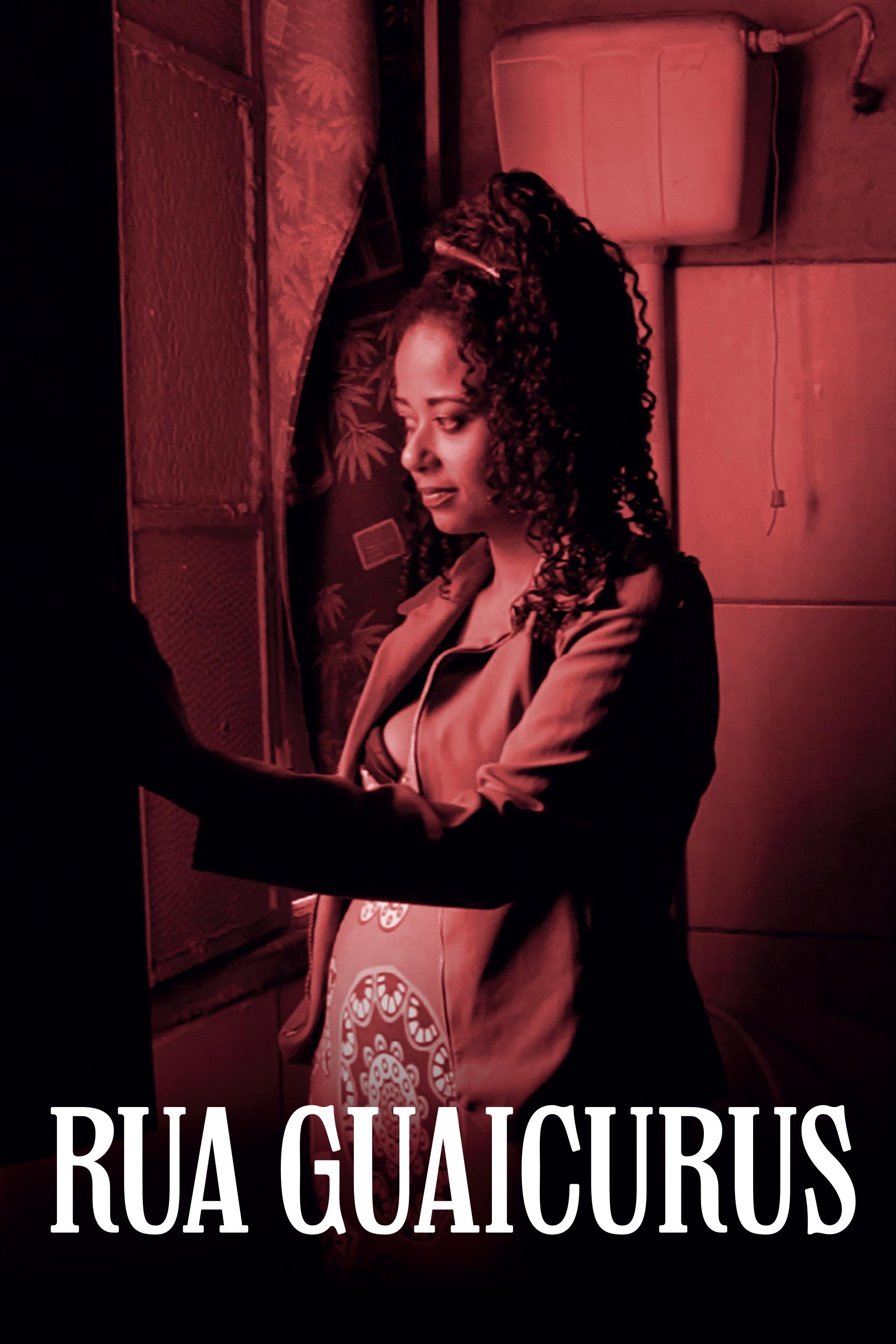
A red-light district in Belo Horizonte, Brazil. The camera is admitted into a "running house". Love for sale looks like a routine, dreary assembly line exercise here, sometimes almost like a comedy.
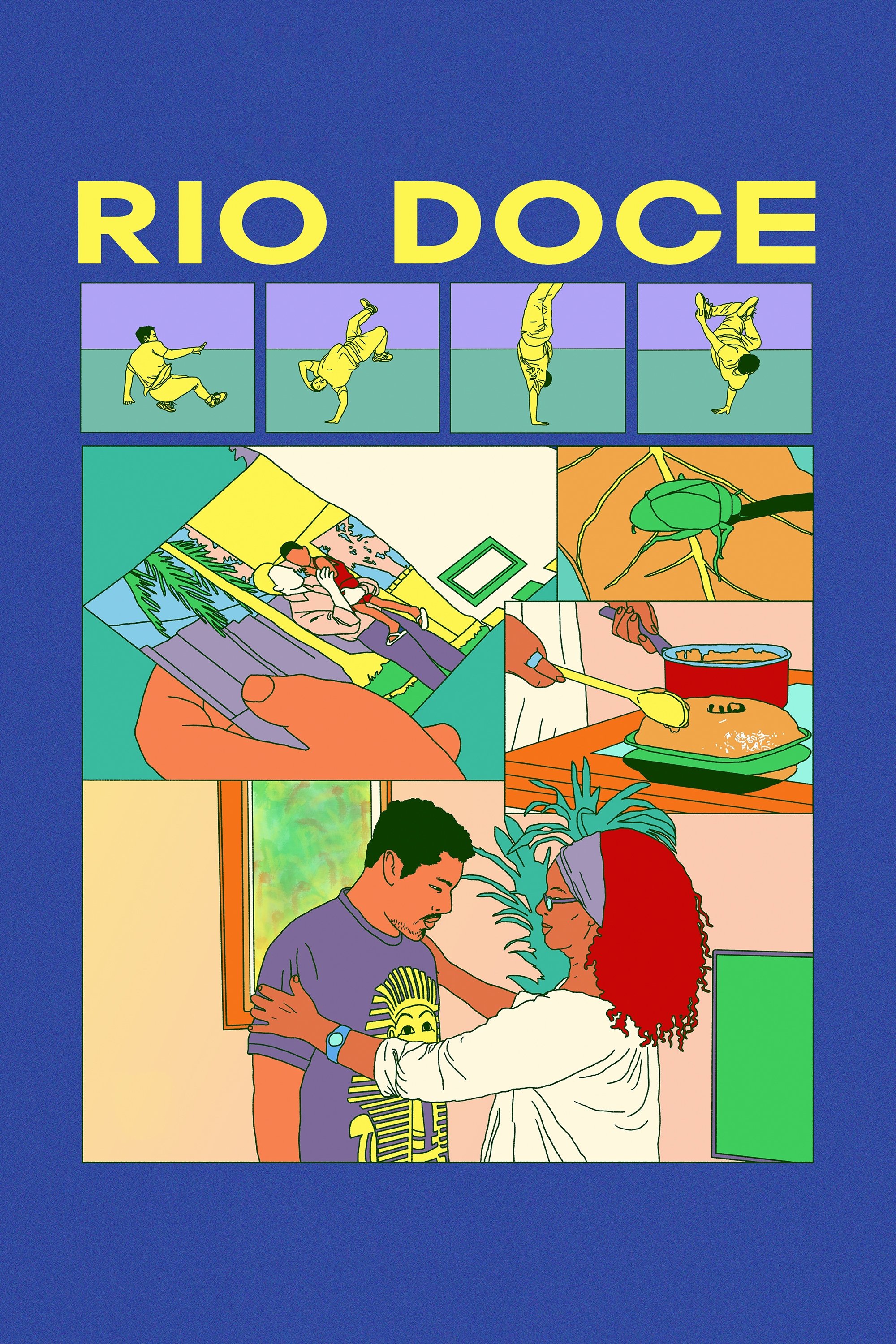
Under pressure from a back pain and being constantly short of money, Tiago (played by Okado do Canal) experiences an encounter that will reshape everything he knew about his own father, instilling an imminent crisis in his way of being. Set amid the outskirts of Olinda and the Recife middle class, the film contrasts both worlds without ignoring or overlooking the complexity of human relationships. In this universe where rap beats and community life thrive, we glimpse through the cracks of a disintegrating family model the construction of another masculinity.
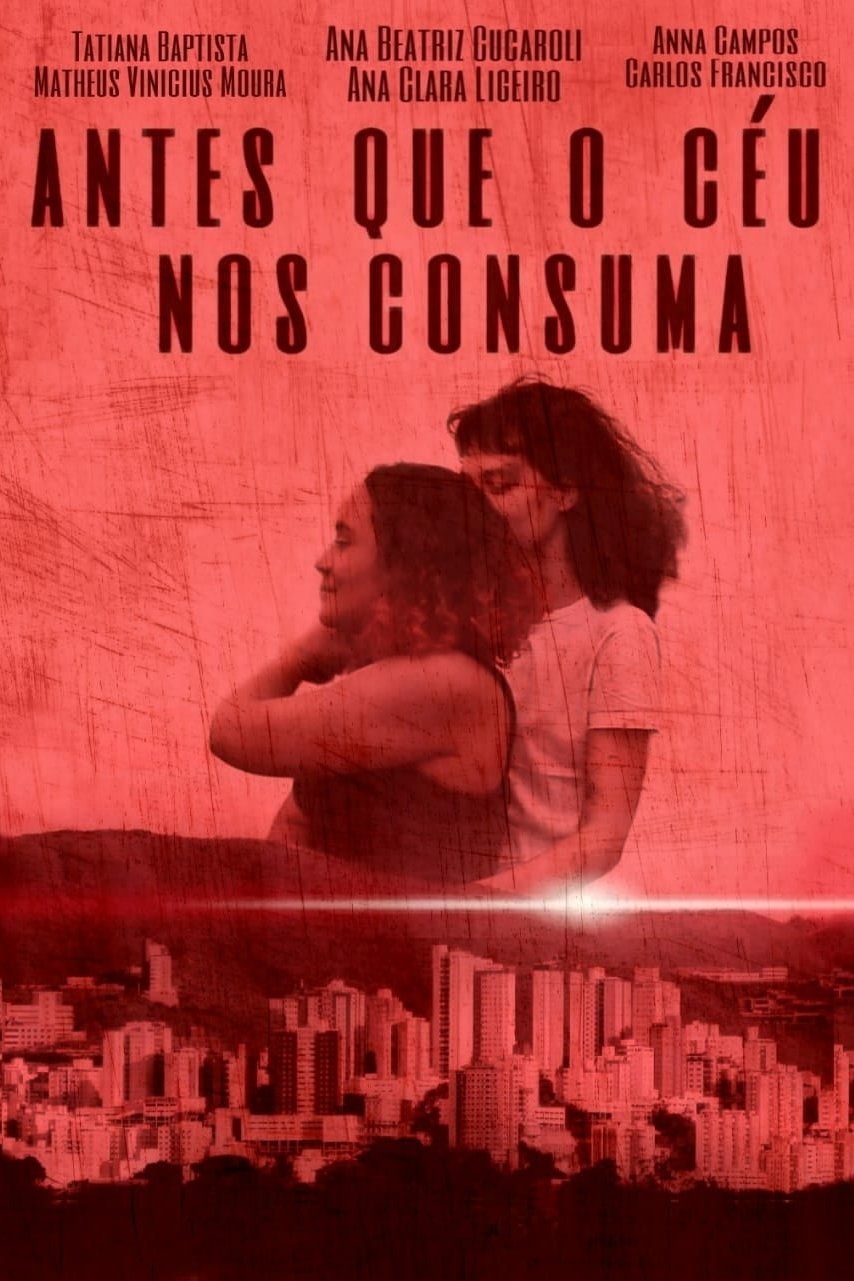
Carlos Francisco is known for Bacurau (2019), A Strange Path (2023) and Mars One (2022).
By browsing this website, you accept our cookies policy.